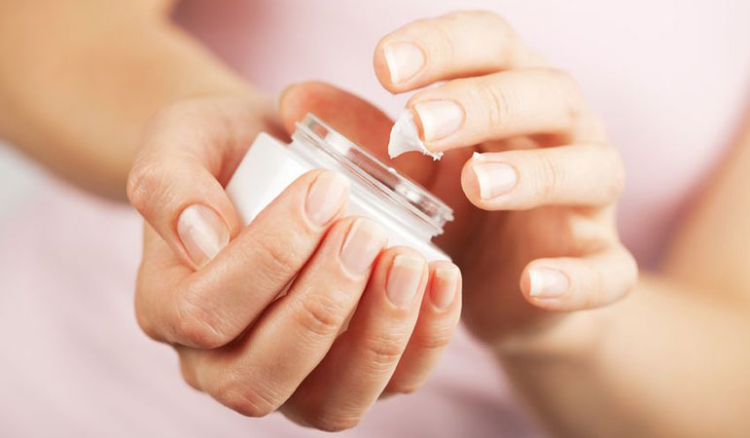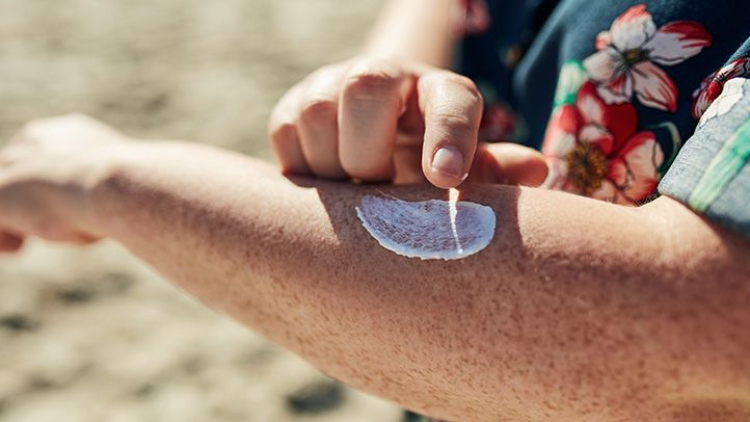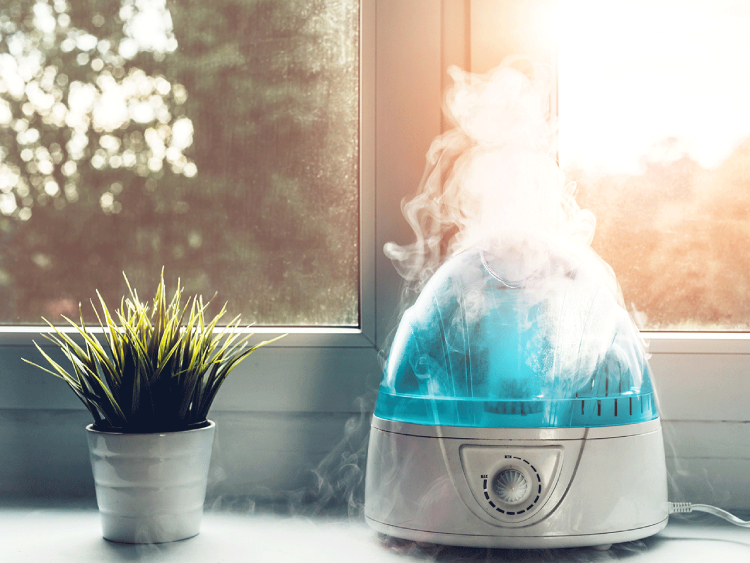Did you know that the change in humidity levels during winter can cause dryness on your skin? This is because the dry, cool air from indoor heating, central heating, or even a fireplace causes moisture to leave your skin. Even if you live somewhere with humid summers, the drop in humidity during winter can make your skin feel itchy and flaky. With so many different kinds of oils available, it might seem easy to find the right one for your skin type and needs. However, where things get tricky is when you start looking at each oil’s properties and its benefits for various skin types. Do you want an oil that’s high in linoleic acid? How about vitamin E? Or perhaps something with a high concentration of omega-3 fatty acids?
This article has shortlisted easy and fast remedies to get rid of dry skin in winter. Whether it is looking for the best moisturizer for dry skin or using simple organic methods to fight this problem, this article will provide you with the best skincare routine.
Get a Moisturizer

If your skin is feeling dry, itching, or flaking, it may be lacking oils. To supplement your skin’s natural oils and hydration, you can use a moisturizer as part of your skincare routine. While different skin types will react to different types of moisturizers, most come with ingredients that can help soften and repair dry skin. Common moisturizing ingredients include shea butter, jojoba oil, vitamin E, aloe vera, and coconut oil. When selecting the best moisturizer for dry skin, keep in mind how your skin reacts to different ingredients. For example, if your skin is sensitive to certain oils, you may want to avoid moisturizers with those ingredients.
You can also try a moisturizer that uses Propylene Glycol, a synthetic ingredient used as a natural preservative in the best lotion for dry skin. Even if your skin is normal and you do not have dry skin, you still need to moisturize it as it is the best skincare. Aging skin is more prone to dryness than younger skin, so you may need to increase your moisturizer usage as you get older.
Apply Sunscreen

It is important that you protect your skin from the harmful effects of the sun. If you have dry skin, be sure to find a moisturizing sunscreen that is non-comedogenic. To ensure your skin is getting enough nutrients and hydration, you must use the best moisturizer for dry skin with SPF. If you do not use any remedy for skin care in winter, the sun’s harmful rays can cause your skin to dry up and even peel. When looking for the right sunscreen, make sure it is non-comedogenic. This means it won’t clog pores and isn’t full of chemicals and oils that can disrupt your skin’s natural oils and hydration. You should also look for a sunscreen that is hypoallergenic and fragrance-free. This will make it less likely to irritate your skin and cause breakouts, especially if you have sensitive skin.
Drink Water

Not only can water hydrate your skin, but it can also provide much-needed vitamins and minerals. Water is the best moisturizer for dry skin. If your skin is dry, you can moisturize your body with water. Water is necessary for healthy skin, hair and nails. It hydrates the skin and keeps your skin looking youthful and vibrant. To get the best results from water, you need to drink enough of it. Doctors recommend drinking at least 2 liters of water per day. This can help you stay hydrated and free of toxins while also promoting a healthy amount of skin oil that will keep your skin moisturized. If you are trying to hydrate your skin with water, you should drink at least 8 glasses per day. You can also try adding a slice of lemon or lime to your water for added benefits. Or you can also try adding a squeeze of orange or grapefruit juice.
Use a Humidifier

During the winter months, humidity levels tend to drop. If your indoor air is too dry, this can cause your skin to dry out and crack. Using a humidifier in your home can help with this issue. If you have dry skin, using a humidifier in your home can help rehydrate and moisturize your skin. You can also use a humidifier in conjunction with a humidifying facial mask for added benefits. If you do not have a humidifier or do not have time to use a humidifying mask, try adding a little water to your bath. This can help rehydrate your skin and provide it with the essential minerals and vitamins it needs. For extra moisturizing benefits, add a few drops of essential oils to your bath water. Essential oils such as lavender, rose, eucalyptus, peppermint, and lemon are great for moisturizing the skin.
Contact Doctor

If your skin is severely dry and itchy and nothing seems to help, make an appointment with your doctor. Your doctor can determine if your dry skin is caused by a skin condition or a medical issue that needs to be treated with medication or a special diet. If your dry skin is caused by the weather, your doctor can recommend ways for you to combat it. Your doctor can recommend a moisturizer that uses ingredients to hydrate your skin and reverse some of the damage the winter has caused. Your doctor can also recommend supplements or vitamins that will help your skin stay hydrated with minimal effort on your part. If you are experiencing severe itching, your doctor can also prescribe ointments or creams that will help soothe your skin.
Conclusion
During the winter, humidity levels drop, and your skin may become dry, flaky, and itchy. To keep your skin moisturized and healthy, try drinking more water, using a humidifier, applying a moisturizer, and wearing sunscreen. This is the best skincare routine. But, if your skin is severely dry, you can also visit your doctor to discuss treatment and recommendations to help soothe your skin and keep it healthy throughout winter.







